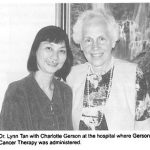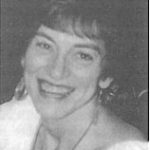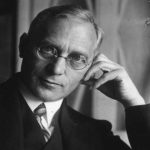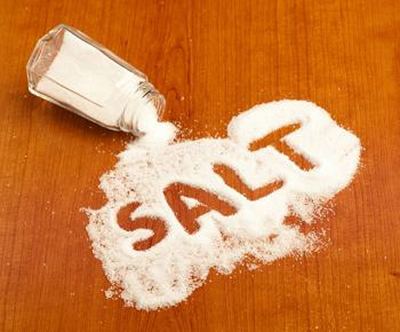
Cure for Advanced Cancer Answered
Q: What metabolic tests do you do before and after to further prove recovery, systematically as well as clinically?
A: I examine in all these cases the urine, the complete blood count, basal metabolism or protein-bound iodine, and potassium in serum and tissue. To see how the liver functions, I found it best to examine the end product of the protein metabolism, urea nitrogen and uric acid. When these are normal and stay normal, then I assume that the patient is all right. But potassium in serum does not give a characteristic picture and makes it difficult to judge. The patient can be cured, yet the serum potassium still shows low because the tissues take it away. In some of the cancer patients when they arrive as terminal cases, potassium is above normal! One of the physicians asked me once, “Are you crazy? With the potassium above normal, you give such big doses of potassium?” And I said, “Yes, sir. I am not crazy. The patient is losing the potassium. That is how it is increased in the serum.”
Q: How harmful is coffee as a drink?
A: Coffee as a drink can be used by the patients only when they take castor oil because coffee increases the motility of the stomach thereby causing the castor oil to move more quickly out of the stomach. But normally, coffee disturbs the function of the capillaries and should not be drunk.
Q: How do you account for the fact that many skin cancers and some other cancers can he surgically removed and never regrow or recur, even though no metabolic changes have been made?
A: Some patients have only temporary damage to the liver and the liver is then able to restore itself. But that is not in a majority of the cases. Sometimes if you remove, say a breast cancer, the removal of these toxins and poisons which the cancer itself generates is sufficient to relieve the temporary damage to the liver. Then the liver can recover. But these are the exceptions. Some of these patients get recurrences later. Many of my patients, after an initial operation, had stayed well for three, or sometimes even five years. Then the cancer recurred. They were inoperable and orthodox medicine was helpless.
Q: Would it not be advantageous for the cancer patients to remain permanently on a vegetarian diet for the rest of their lives?
A: That depends on how far the liver can be restored. If it can be restored entirely, after say 1 ½ years, we tell the patients only to avoid fats and salt. Otherwise they are free to eat whatever they like. Many of them lead normal lives. But about 75% like to stay more or less on the diet, and some even convince the other members of their families to follow it with them.
Q: What can be done for impaired lymph circulation following surgery in one arm for what was diagnosed as cancer ?
A: It is very difficult to absorb these scars so that the lymph circulation can be restored. It takes years.
Q: What is vour opinion of a prolonged fast or periodical three-day fast?
A: You can’t let the cancer patient fast because his body is so depleted. If he fasts, he goes downhill terribly fast.
Q: Can too much vegetable juice cause alkalinity?
A: No.
Q: Dr. Otto Warburg advises increased intake of oxygen. What is your opinion?
A: Oxygen would not go into the system so easily. You must have oxidizing enzymes. You must have more potassium; you must have the conditions under which oxygen can function.
Q: Can a person with a colostomy take the same type o f co ffee enema as a regular patient?
A: Yes.
Q: How can we prevent cancer?
A: Cancer must be prevented by preventing damage to the liver. The basic measure of prevention is not to eat the damaged, dead, poisoned food which we bring into our bodies. Everyday, we poison our bodies. Older people still have a better liver and resistance from the food they had when they were young. The younger people get worse and the babies, now the second generation on canned baby foods, are still worse. They get leukemias. My advice is, eat as much as you can of raw food, keep the potassium level up, and take some iodine.
An excerpt from a lecture by Dr. Max Gerson, in Escondido, California, 1956; printed with permission






